The White House
said Wednesday that a revised policy on granting security
clearances to gays and lesbians does not reflect a change in
how the government will treat sexual orientation. But
several Democrats denounced the new rules. "The Bush
administration is waging a covert war on loyal federal
employees who happen to be gay," said California
representative Henry Waxman, the top Democrat on the House
Government Reform Committee.
The
Administration rewrote a 1997 regulation that had said
sexual orientation "may not be used as a basis" for
denying clearances or determining whether individuals
should be eligible to access to classified information
unless it could make them vulnerable to coercion or
exploitation. President Bush's updated language says
security clearances cannot be denied "solely on the
basis of the sexual orientation of the individual."
If sexual
behavior is "strictly private, consensual, and
discreet," that could lessen security concerns, according to
the regulations that came as part of an update to
clearance guidelines distributed in December. Gay
rights activists said the change could open the door
to added attention on sexual orientation and discrimination.
White House
spokesman Scott McClellan said the new language stems from a
1995 executive order aimed at preventing discrimination
based on sexual orientation. He insisted no language
has been removed and that the new rules are similar to
the old ones. "There's no change in our policy,"
McClellan said. "I think that they updated the language
to reflect exactly what was spelled out in the executive
order."
Senate Homeland
Security and Governmental Affairs Committee chairman
Susan Collins, a Maine Republican, and House Government
Reform Committee chairman Tom Davis, a Virginia
Republican, both requested briefings on the issue,
their aides said.
Others lawmakers
were more critical. Waxman and Rep. Barney Frank, a
Massachusetts Democrat, said the revisions come as the
Administration has refused to enforce a policy that protects
federal employees from discrimination based on sexual
orientation. The Administration has rejected the
allegations. Frank, who is gay, said the
Administration is taking a step backward by changing the
Clinton-era protections on security clearances. Frank
said it is too soon to know the impact. "Of course,
sexual misbehavior could be a grounds for denying a
security clearance," he said. "But that's irrelevant as to
whether the misbehavior is gay or straight, unless you think
that sexual behavior by gay people is inherently
misbehavior."
A second gay
lawmaker, Rep. Tammy Baldwin, a Wisconsin Democrat, urged
the White House to rescind the guidelines. "Sexual
orientation has no relevance to a person's
reliability, trustworthiness, or ability to protect
classified information," she said.
Several million
civilian and military personnel have security clearances
that require lengthy background checks. Investigators look
at whether applicants have shown signs, including drug
use, criminal activity, and sexual behavior, that they
could be a security risk.
Steve Ralls,
spokesman for Servicemembers Legal Defense Network, said his
organization is going to watch closely to be sure the White
House follows through on its assurances about the new
rules. "We want to be sure sexual orientation is not
used as a roadblock for security clearance approval,"
said Ralls--whose group, among other services, advises
gay military personnel on how to answer questions
during the background checks. (AP)







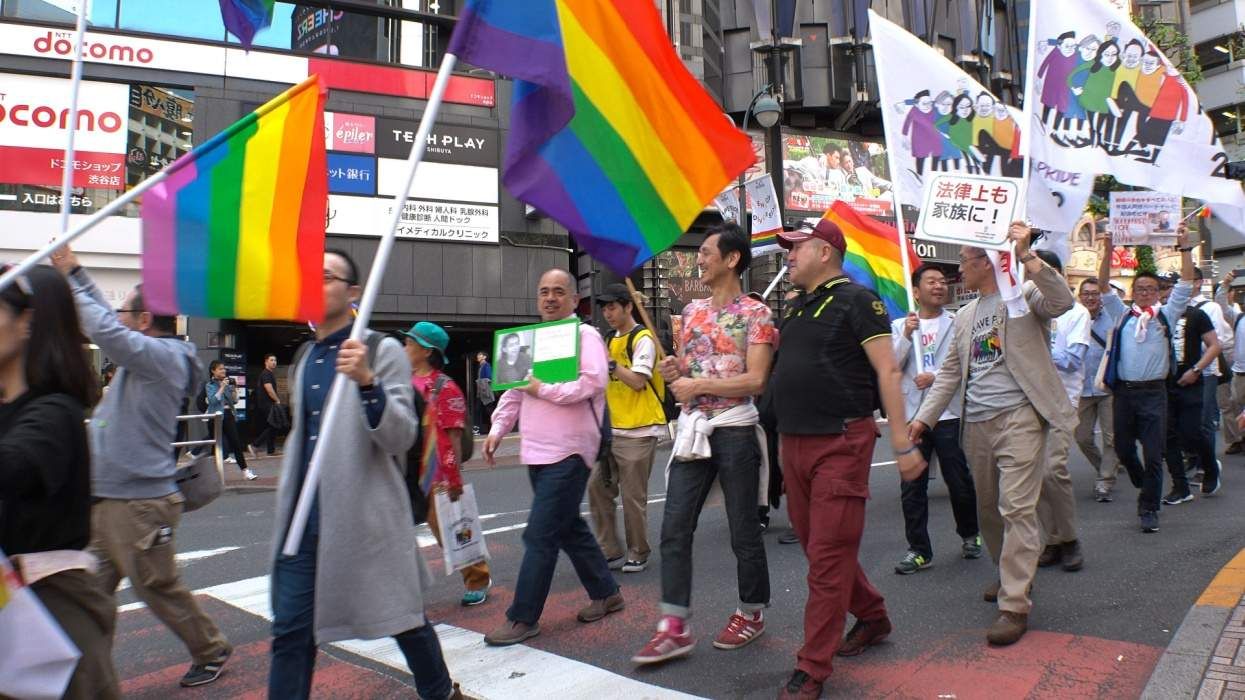




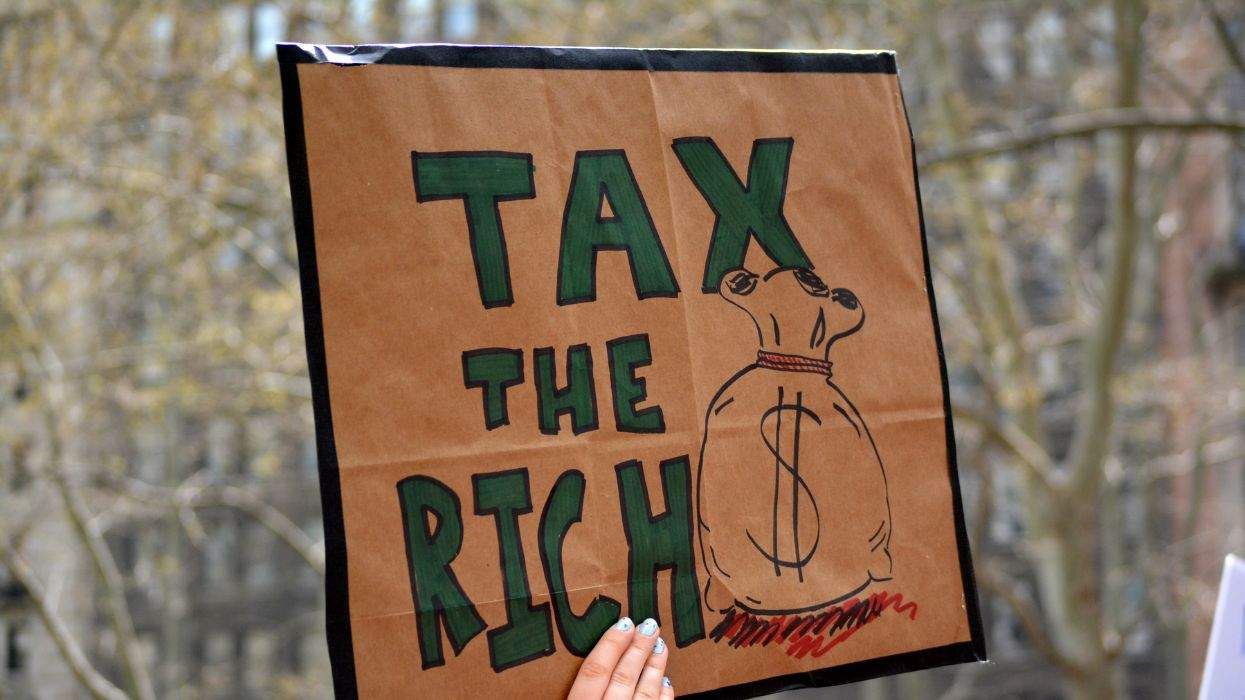
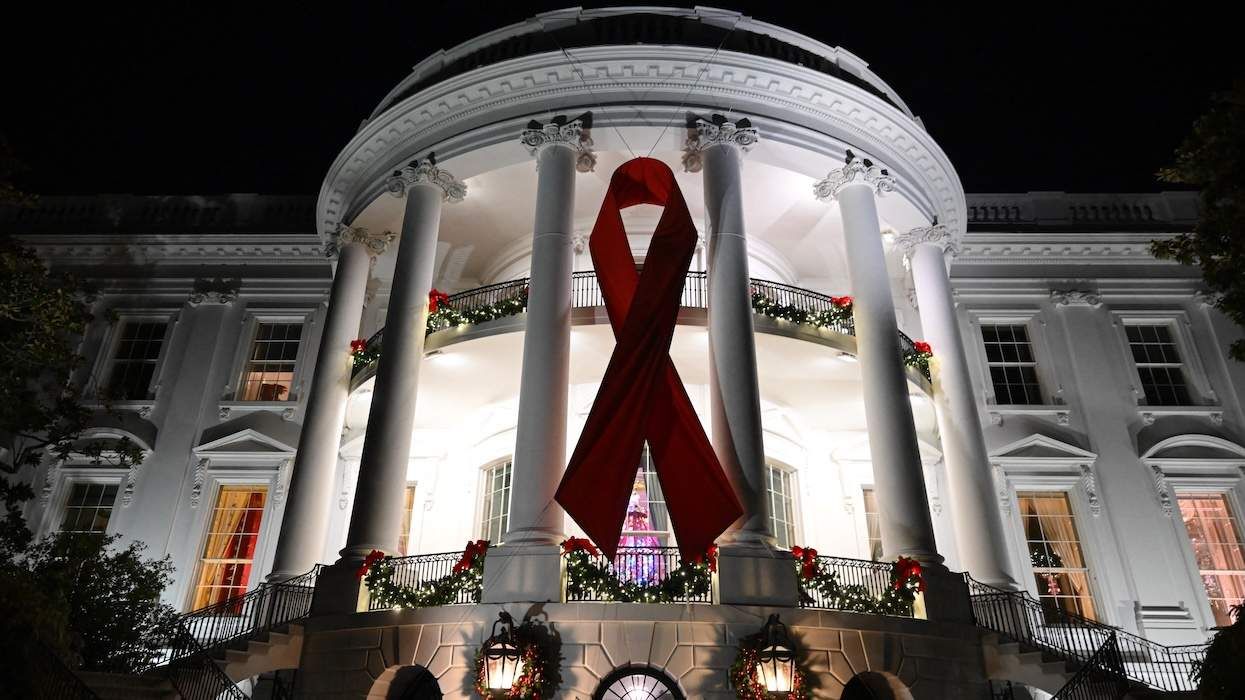

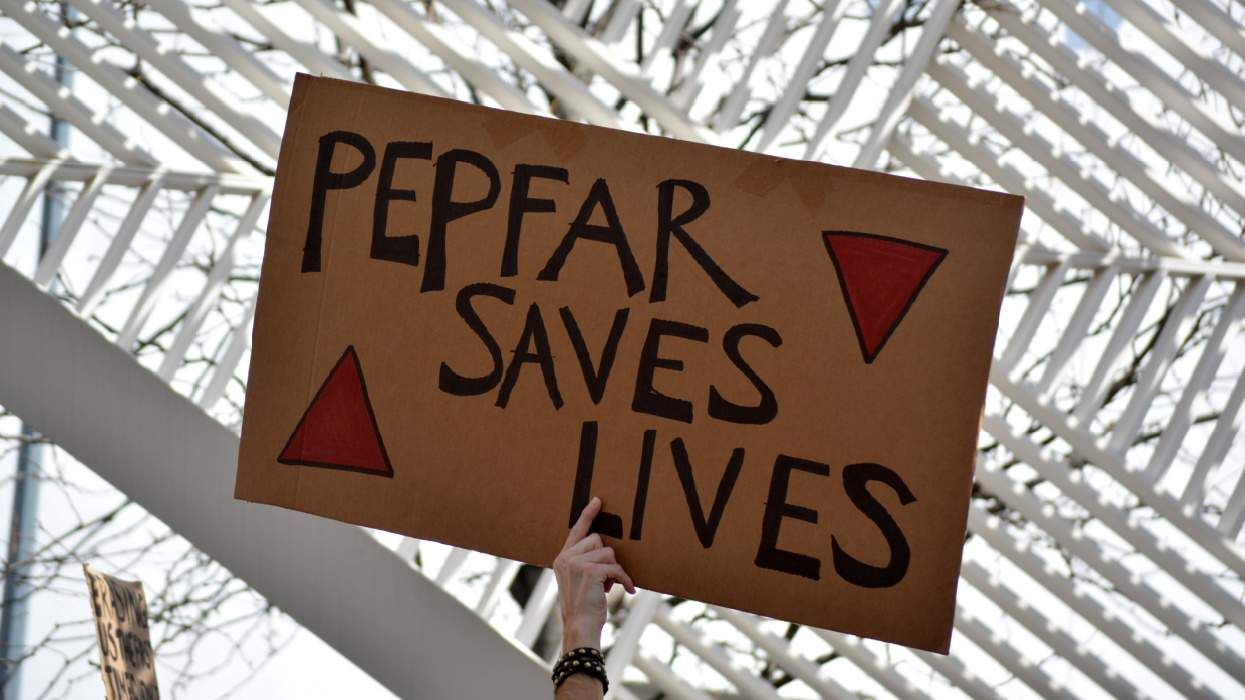

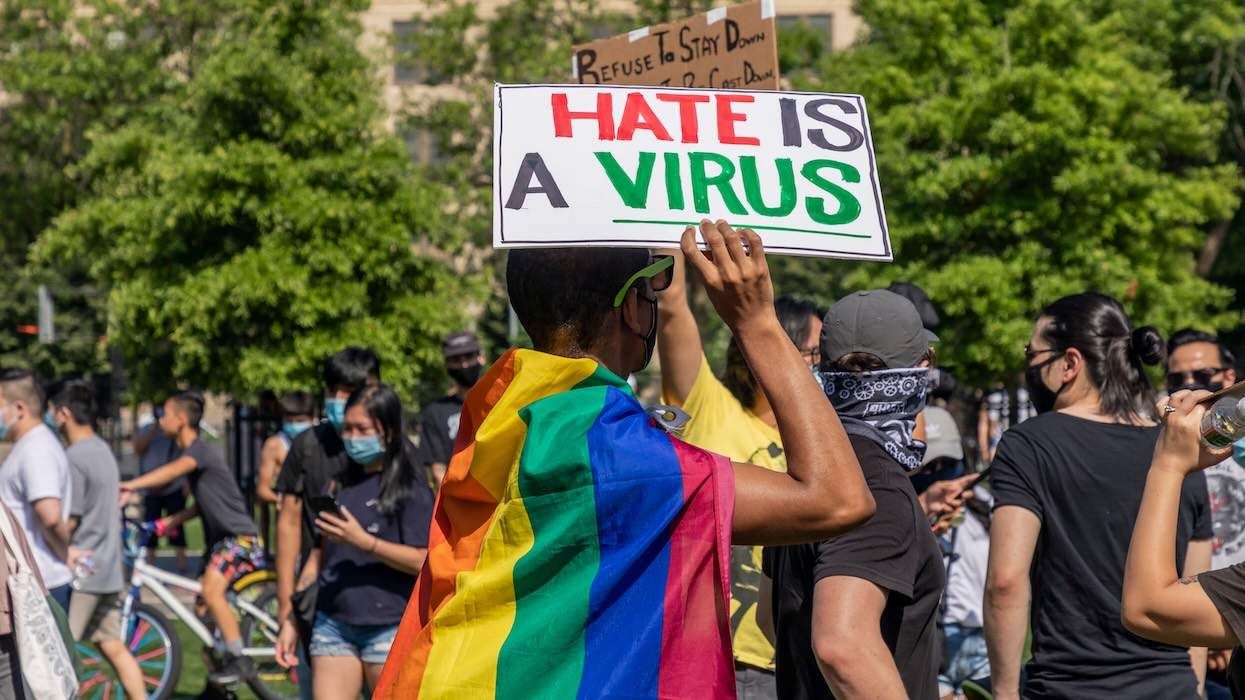






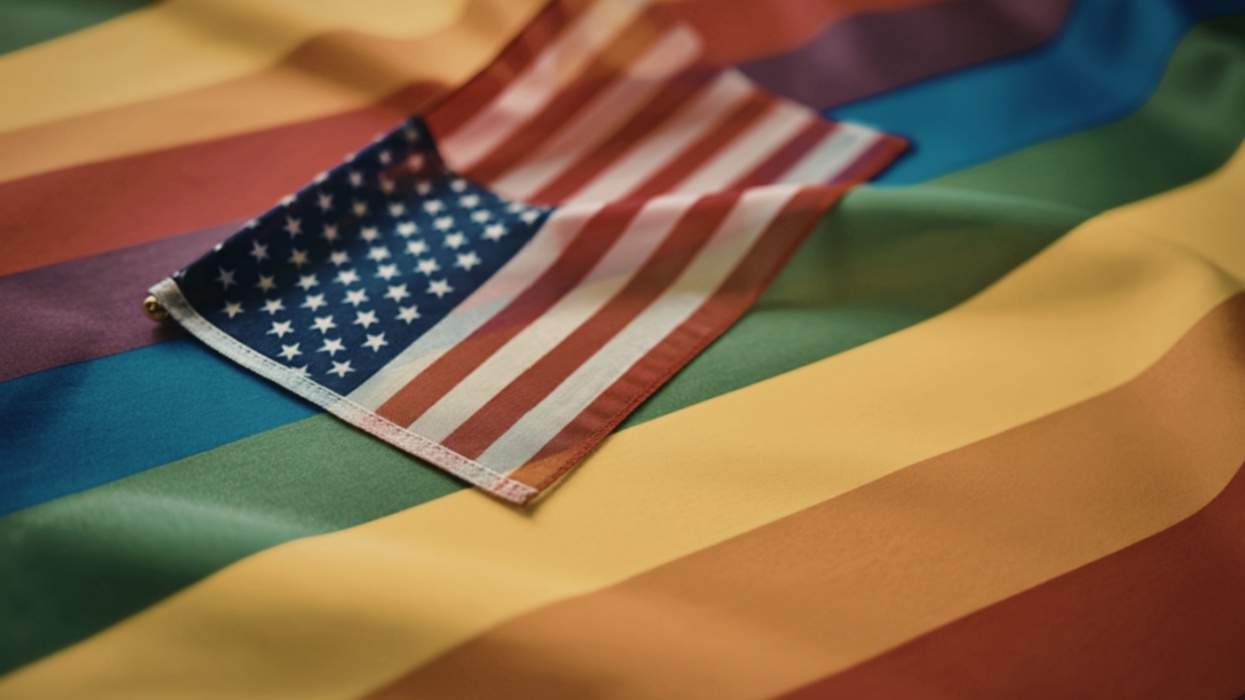

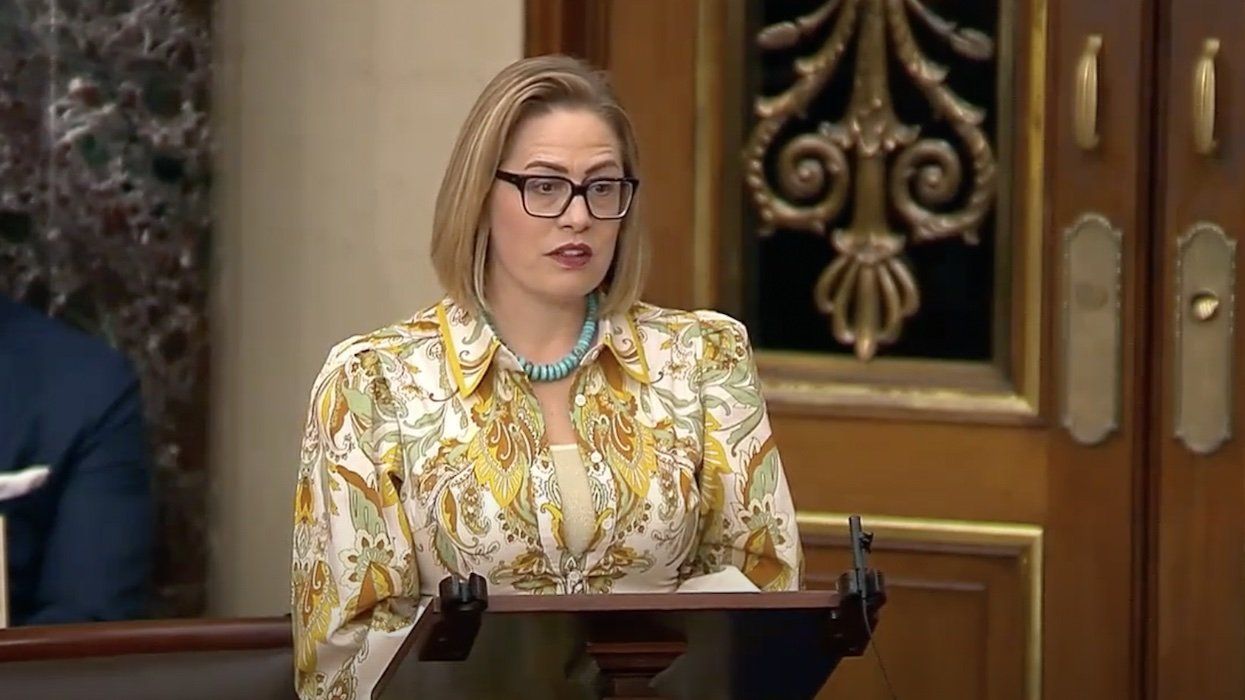









































Charlie Kirk DID say stoning gay people was the 'perfect law' — and these other heinous quotes